Mr. Abdul Fatoma, Executive Director, Campaign for Human Rights and Development International of Sierra Leone has said that ECOWAS citizens demand more sincerity from the various institutions in managing democracy in the sub-region.
Mr. Fatoma made this known in an interview with the News Agency of Nigeria (NAN) on Sunday in Winneba, Ghana, at the high-level meeting of the ECOWAS Parliament.
Mr. Abdul Fatoma who is also the team leader for Election Conflict Prevention and Mediation Group said ECOWAS citizens are gradually losing trust of the institutions, especially in promoting their rights.
This, he said is coming from the loss of democratic rule in Mali and Guinea which is yet to be restored by ECOWAS institutions.
“ECOWAS Citizens want the ECOWAS Institutions, the Community and the Parliament to be sincere to citizens of ECOWAS, and also promote issues that will promote the rights of all ECOWAS Citizens during elections, after elections and for us to continue having a stable region”, he said.
According to him, ECOWAS has been inconsistent in promoting and managing democracy in the sub-region, the insincerity from the institutions has created discontent between the citizens and the 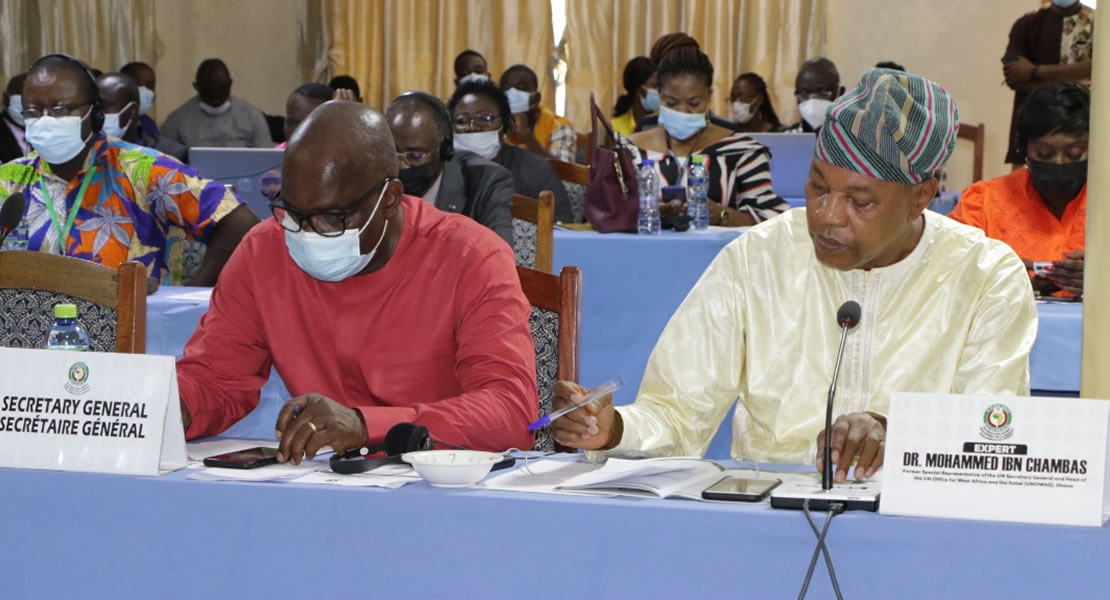 ECOWAS institutions. “It is only now that ECOWAS is getting more closer to its citizens through the ECOWAS Parliament, and if we are getting out this closer, I think it is our obligation to continue urging the ECOWAS institutions to be sincere with themselves and look at the issues that are going on within the sub-region that are not really good for the ECOWAS citizens and the region at large,” Fatoma said.
ECOWAS institutions. “It is only now that ECOWAS is getting more closer to its citizens through the ECOWAS Parliament, and if we are getting out this closer, I think it is our obligation to continue urging the ECOWAS institutions to be sincere with themselves and look at the issues that are going on within the sub-region that are not really good for the ECOWAS citizens and the region at large,” Fatoma said.
In addition, he urged Civil Society Organisations (CSOs) in Member States to be very much involved in electoral processes pre-election, during election and post-election work to ensure credible and violence-free elections in their counties.
Mr. Fatoma said his coalition have been working with the Sierra Leone Electoral Commission to see how best to minimize violence during elections.
“We have done 14 bye-elections, no major incidences of violence have been reported, the results have not been contested or neither a petition or discredited, out of that, the opposition have won five against the ruling parties, the ruling parties have won others also, and the opposition have accepted those wins as a fair deal”.
Again, because of our earlier involvement before the elections, during the elections and after the elections. This is a model that was introduced late last year November by the new Electoral Commissioner in Sierra Leone.
To see how best he will be able to use such strategies to minimize violence in our country’s body elections, and gradually he has been successful doing that,” Fatoma said.
Ghanamps.com
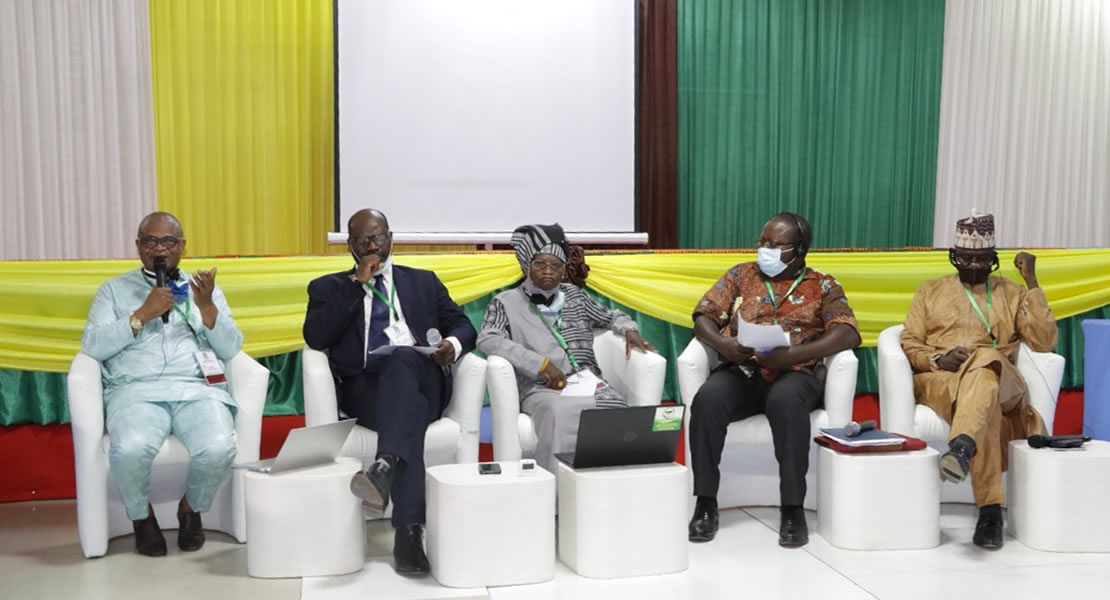
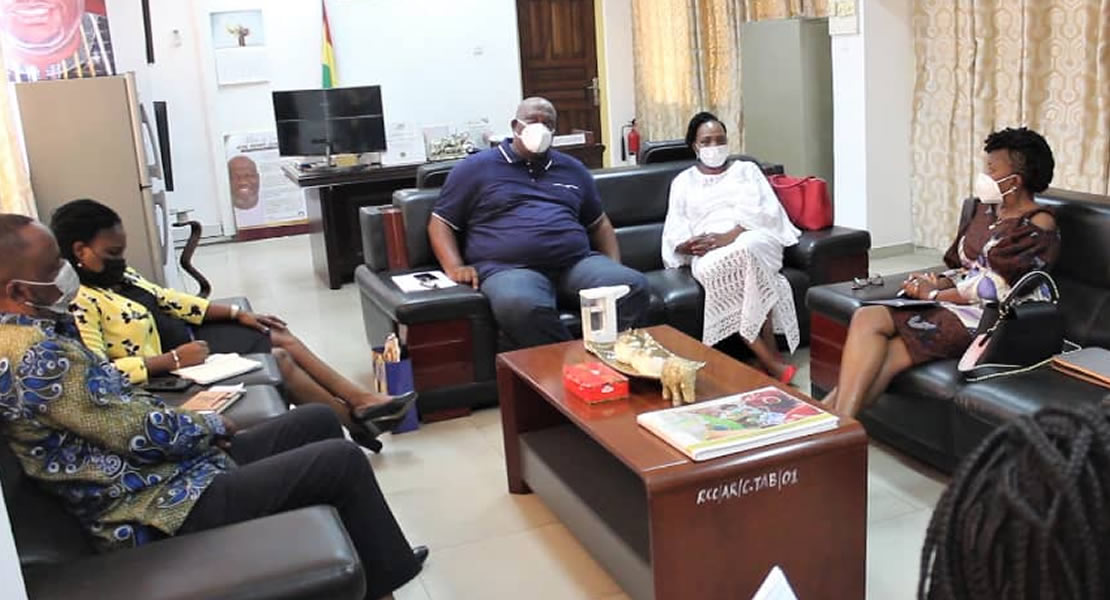
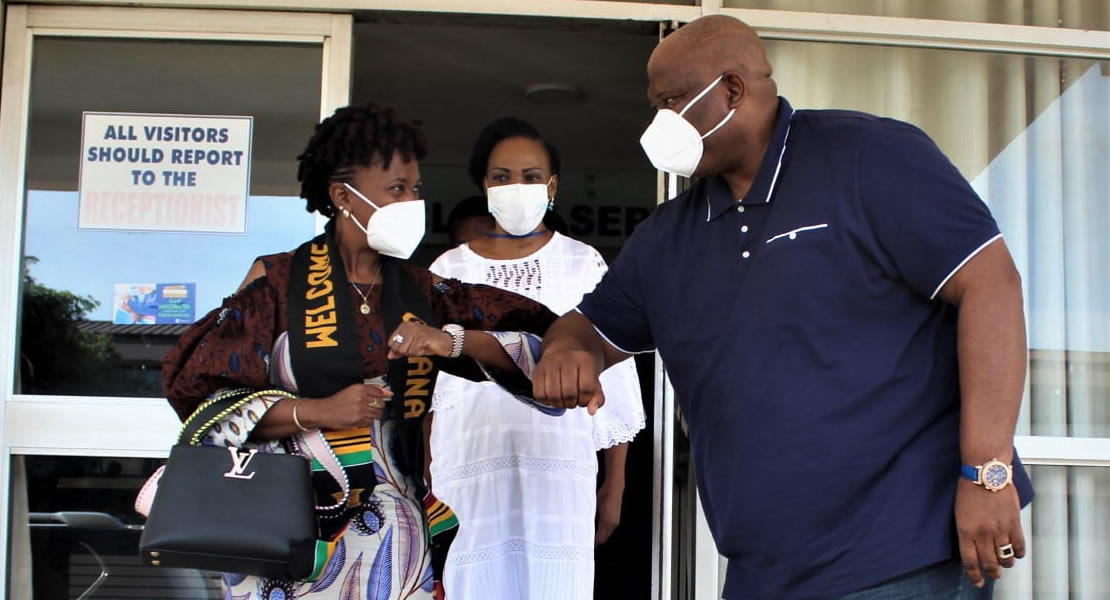 Meanwhile, on her visit to the Central Regional Coordinating Council and Minister to the Central Region, Justina Marigold Assan, Minister Tunis reemphasized the importance of ensuring coordination with all stakeholders including the district heads, tribal and village authorities, elected officials, civil society, and the people to ensure ownership for development strides. She also noted that development is for the people and the only way they could take ownership is to get involved themselves.
Meanwhile, on her visit to the Central Regional Coordinating Council and Minister to the Central Region, Justina Marigold Assan, Minister Tunis reemphasized the importance of ensuring coordination with all stakeholders including the district heads, tribal and village authorities, elected officials, civil society, and the people to ensure ownership for development strides. She also noted that development is for the people and the only way they could take ownership is to get involved themselves.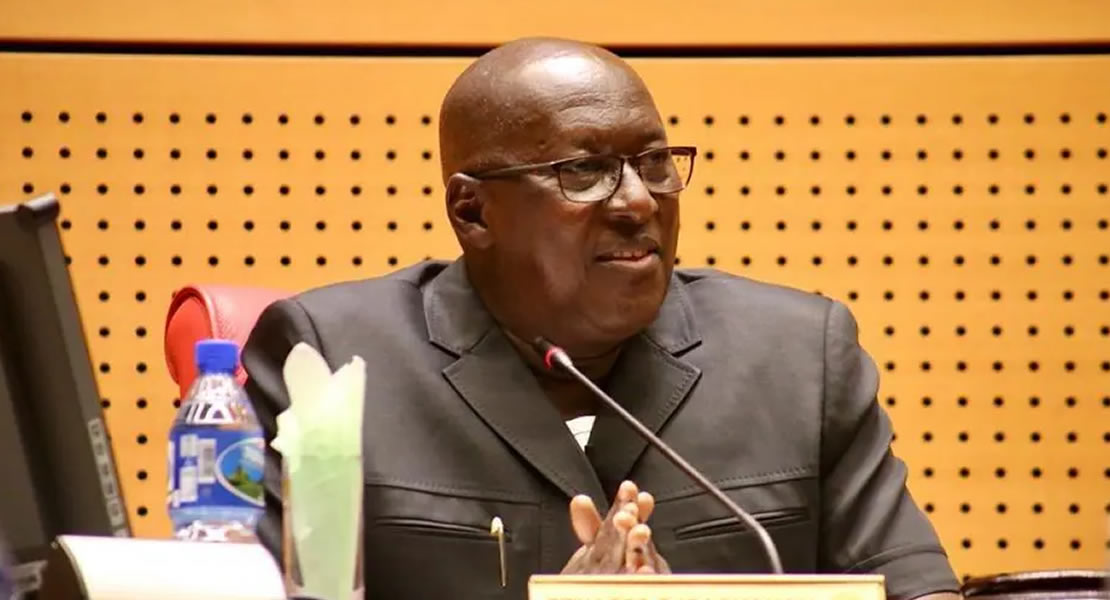
 “On the vaccine front, more doses are getting into arms daily, and we seize this moment to appreciate our partners under the COVAX initiative and friendly Governments that have donated doses to African countries.”
“On the vaccine front, more doses are getting into arms daily, and we seize this moment to appreciate our partners under the COVAX initiative and friendly Governments that have donated doses to African countries.”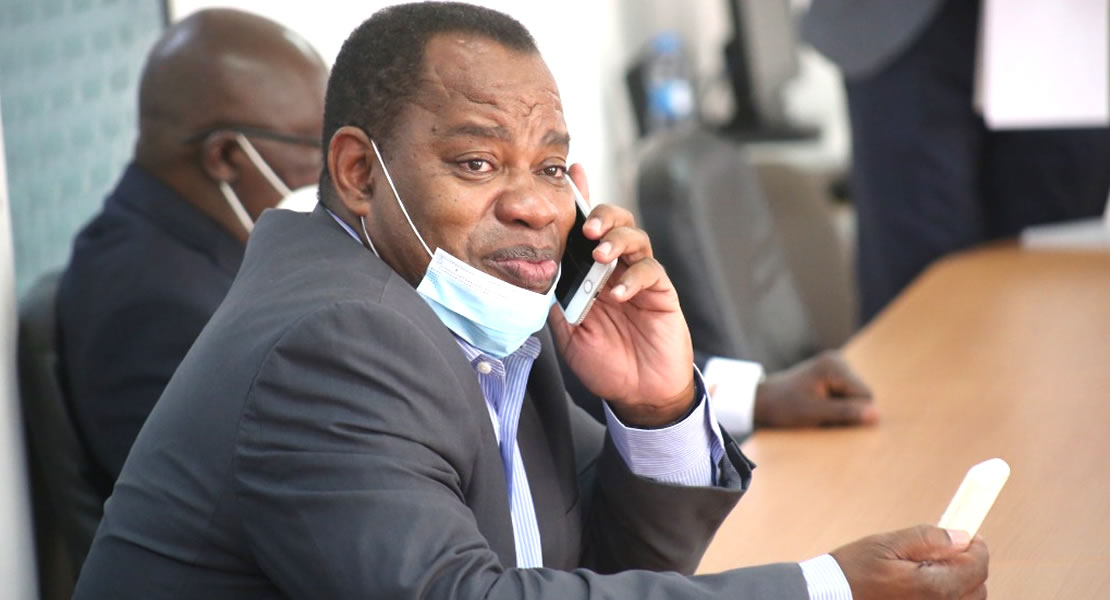
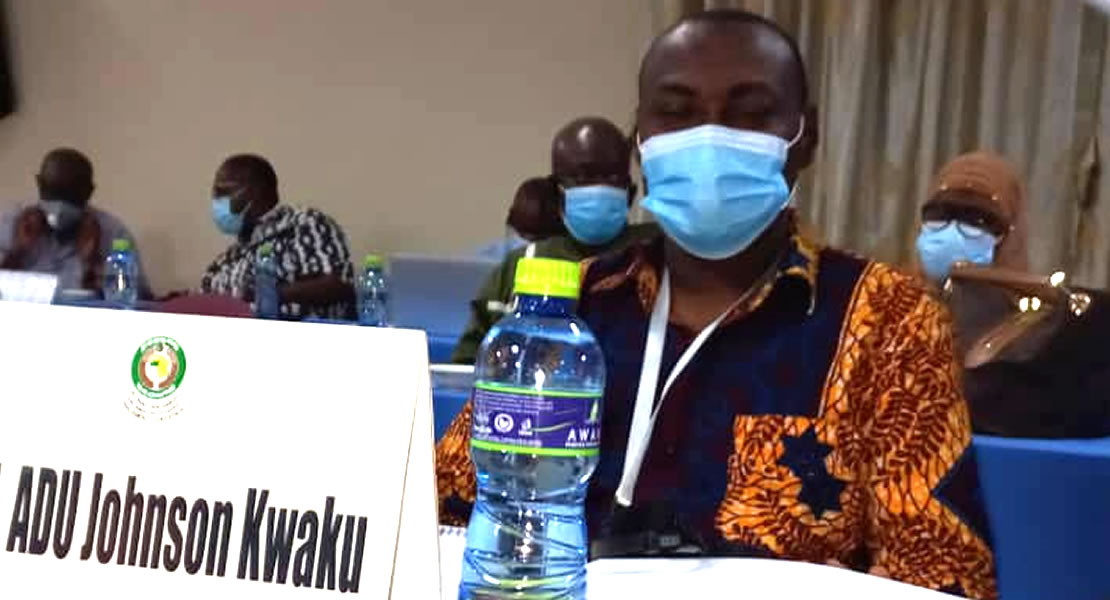
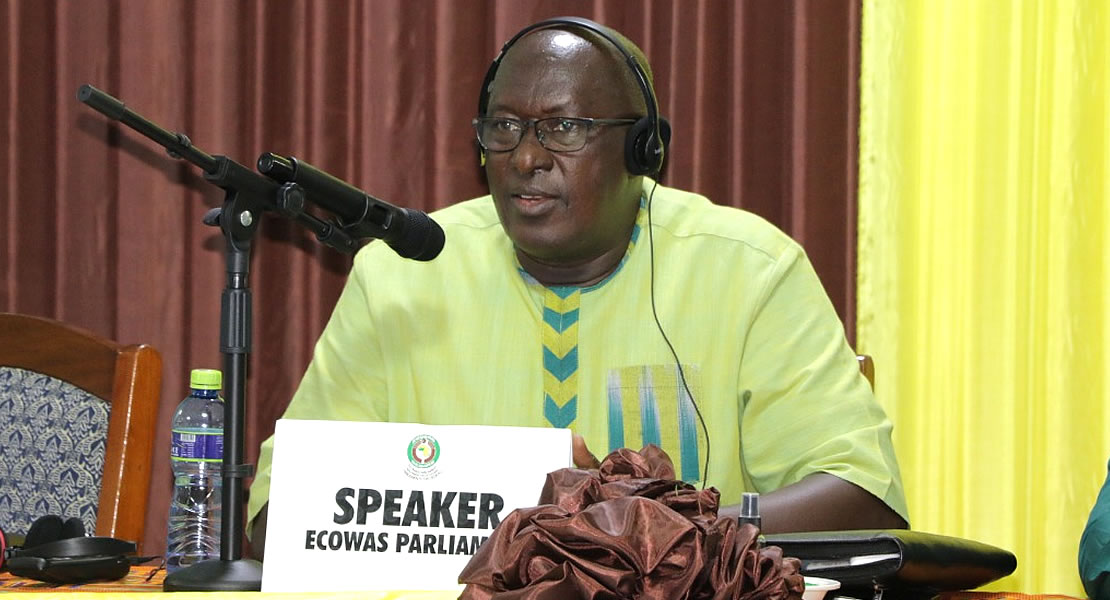
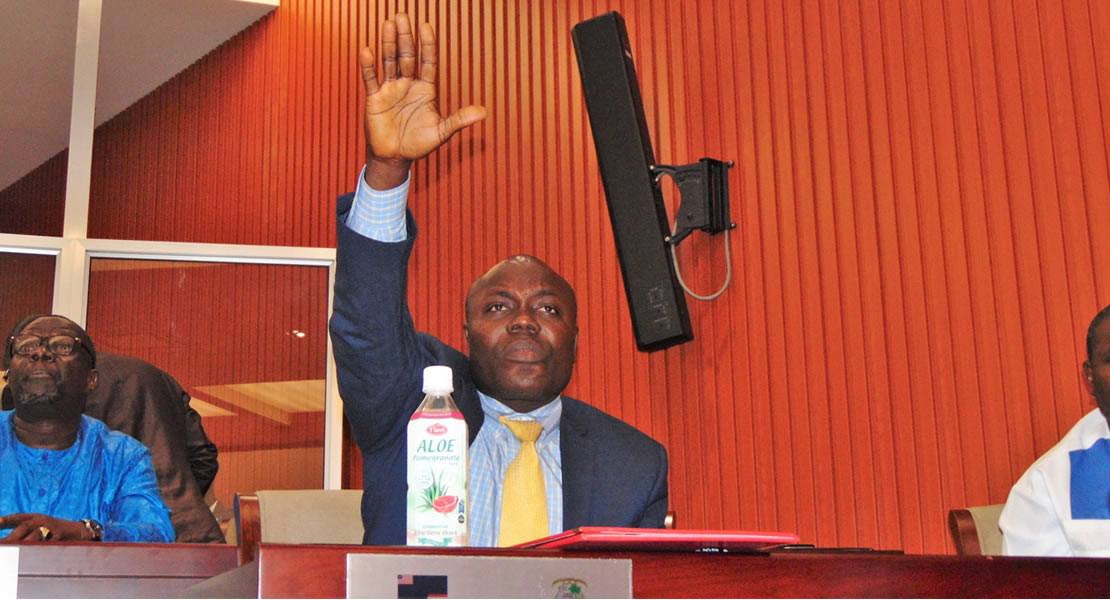
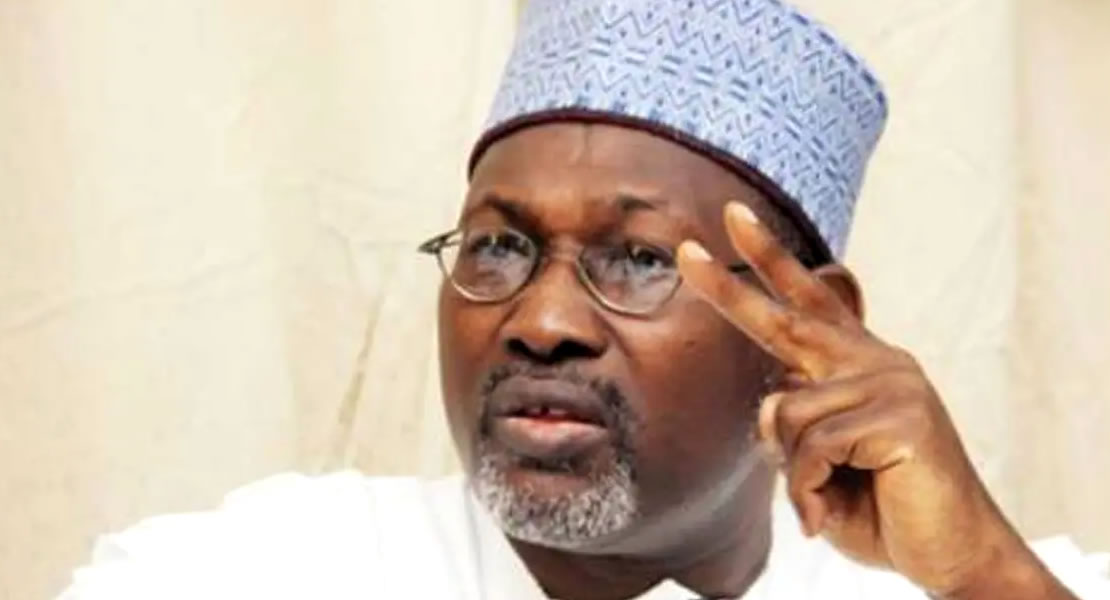
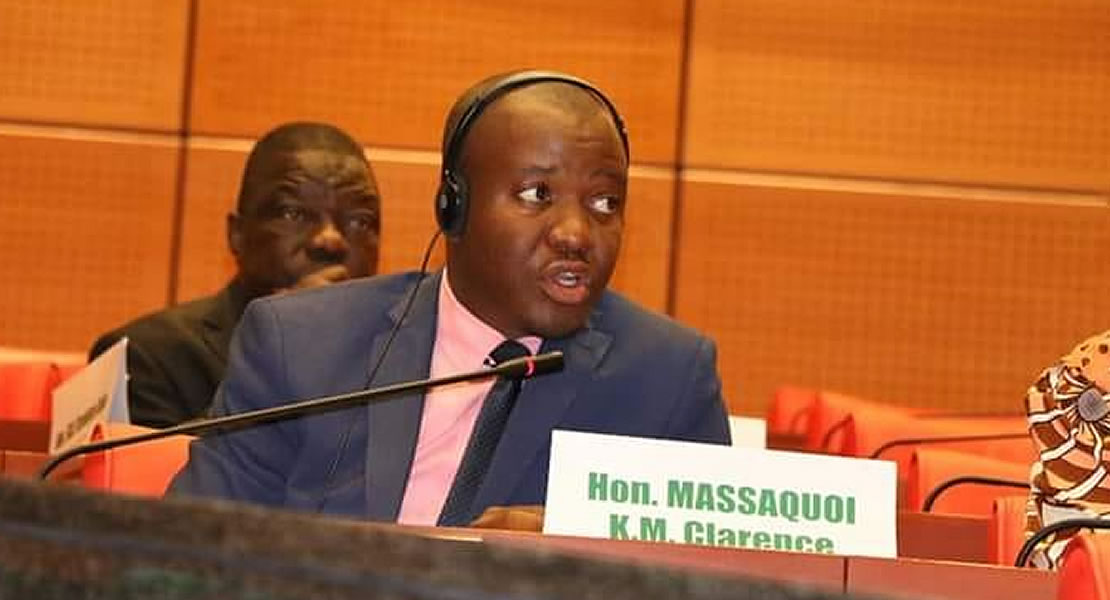
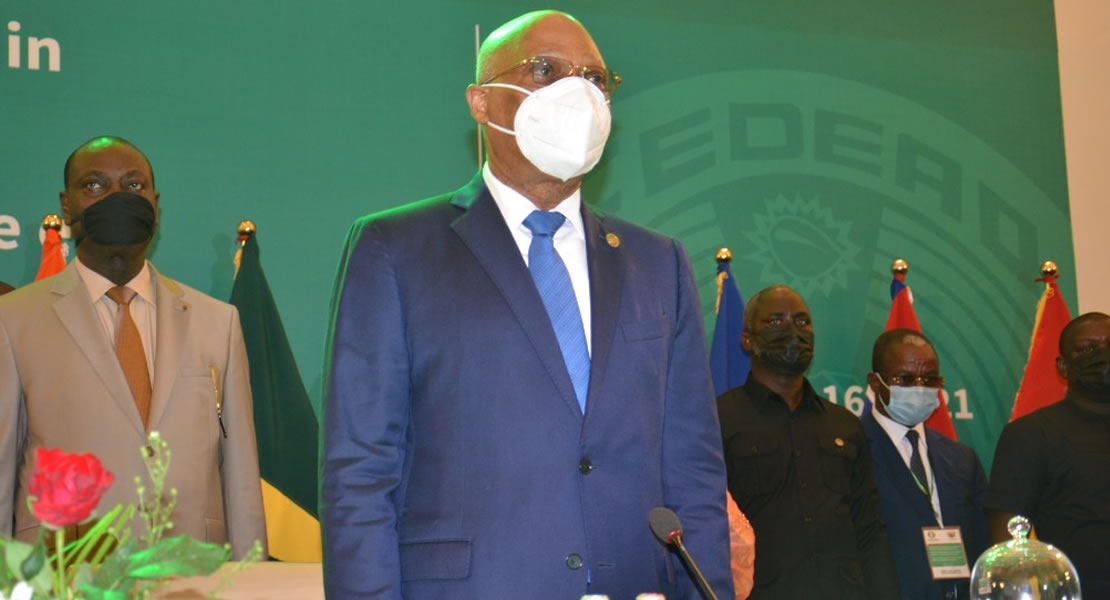
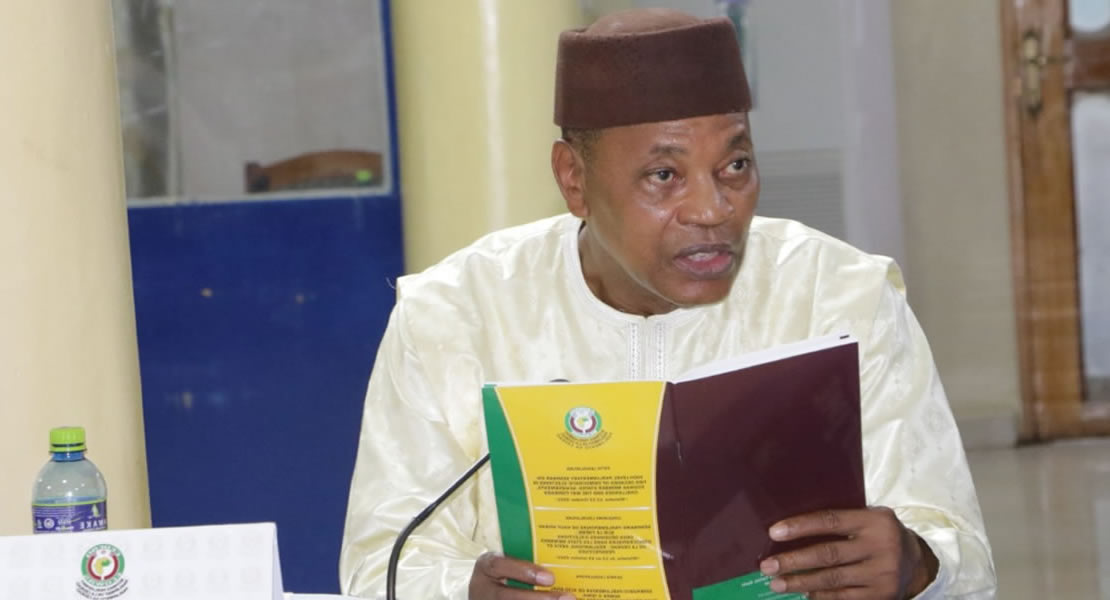
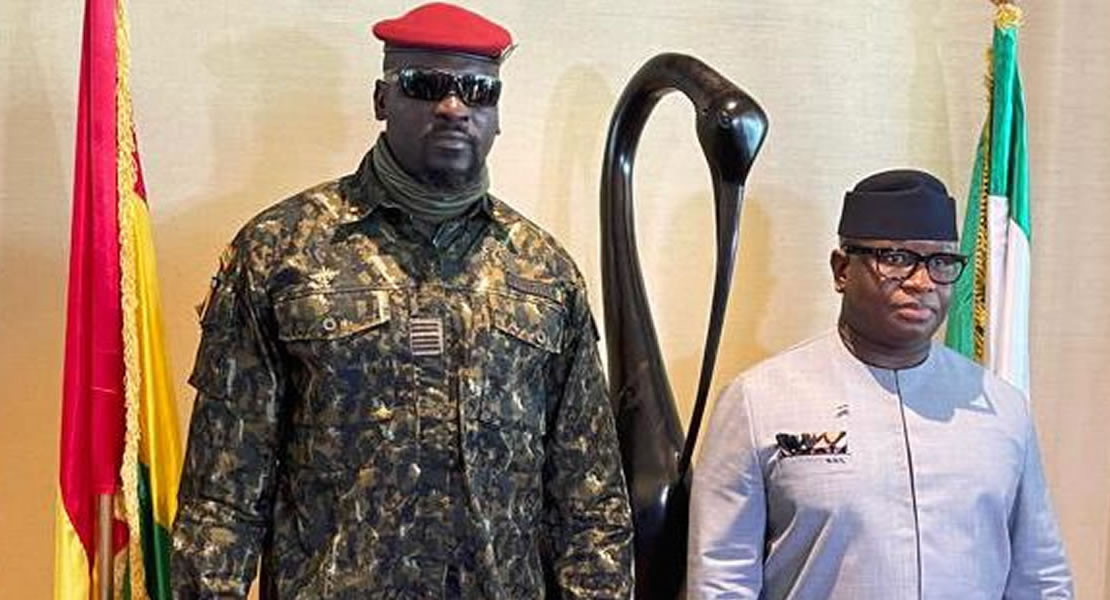 Dr. Chambas made this point on Wednesday, October 13, 2021 when he moderated a panel discussion on, “consolidation of democracy and good governance in the ECOWAS region” and the issue of the visit came up strongly in the discussion.
Dr. Chambas made this point on Wednesday, October 13, 2021 when he moderated a panel discussion on, “consolidation of democracy and good governance in the ECOWAS region” and the issue of the visit came up strongly in the discussion.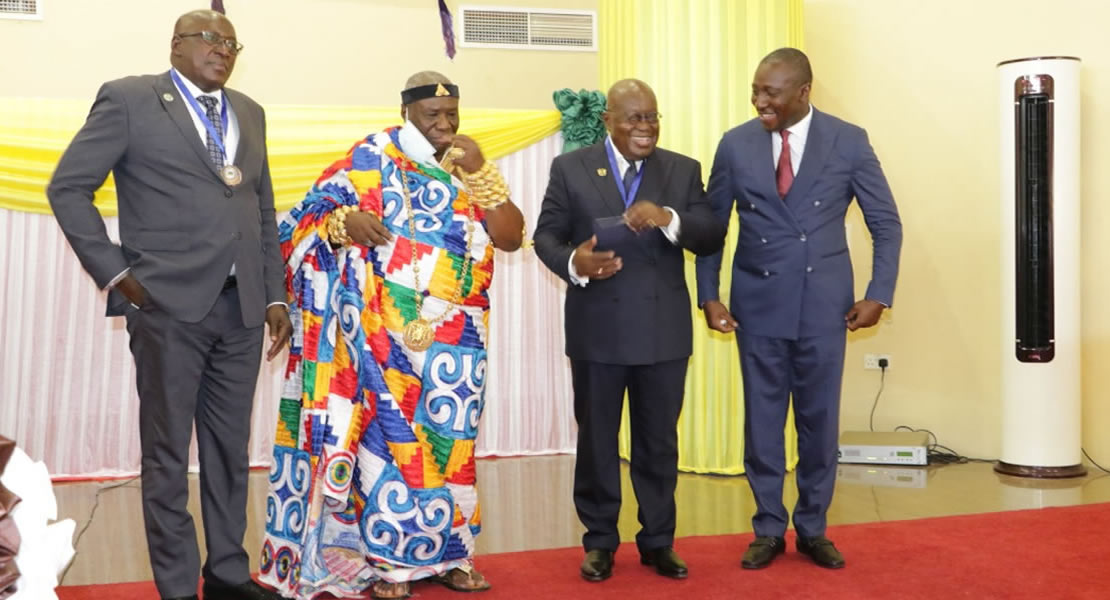
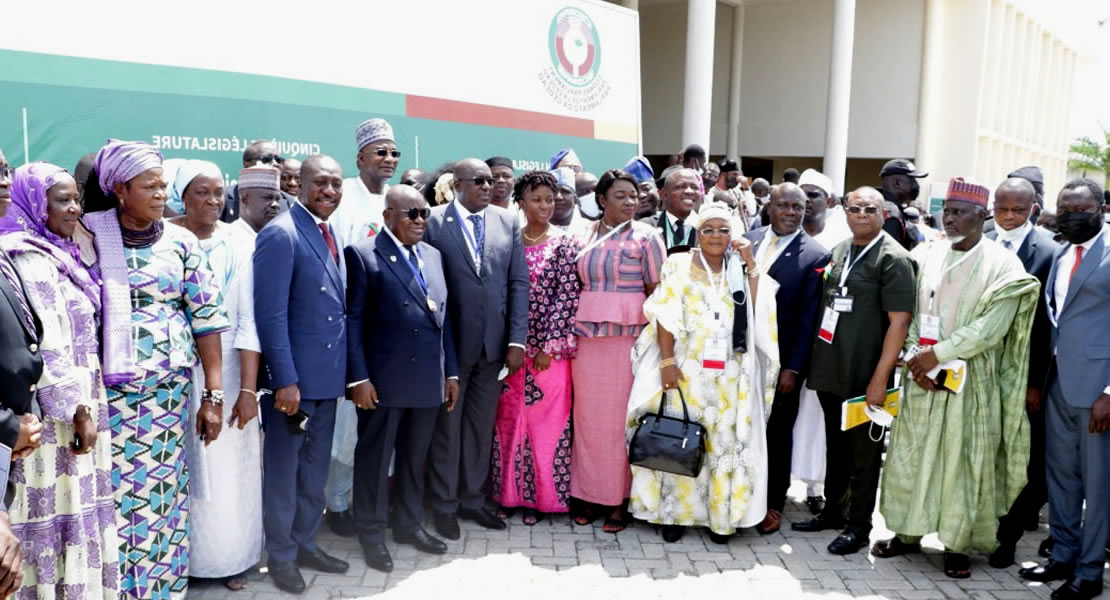 We have also appointed His Excellency Dr Mohamed Ibn Chambas, former President of the ECOWAS Commission and former Special Representative of the Secretary-General and Head of the United Nations Office for West Africa, as Assistant Chief Advocate.
We have also appointed His Excellency Dr Mohamed Ibn Chambas, former President of the ECOWAS Commission and former Special Representative of the Secretary-General and Head of the United Nations Office for West Africa, as Assistant Chief Advocate.